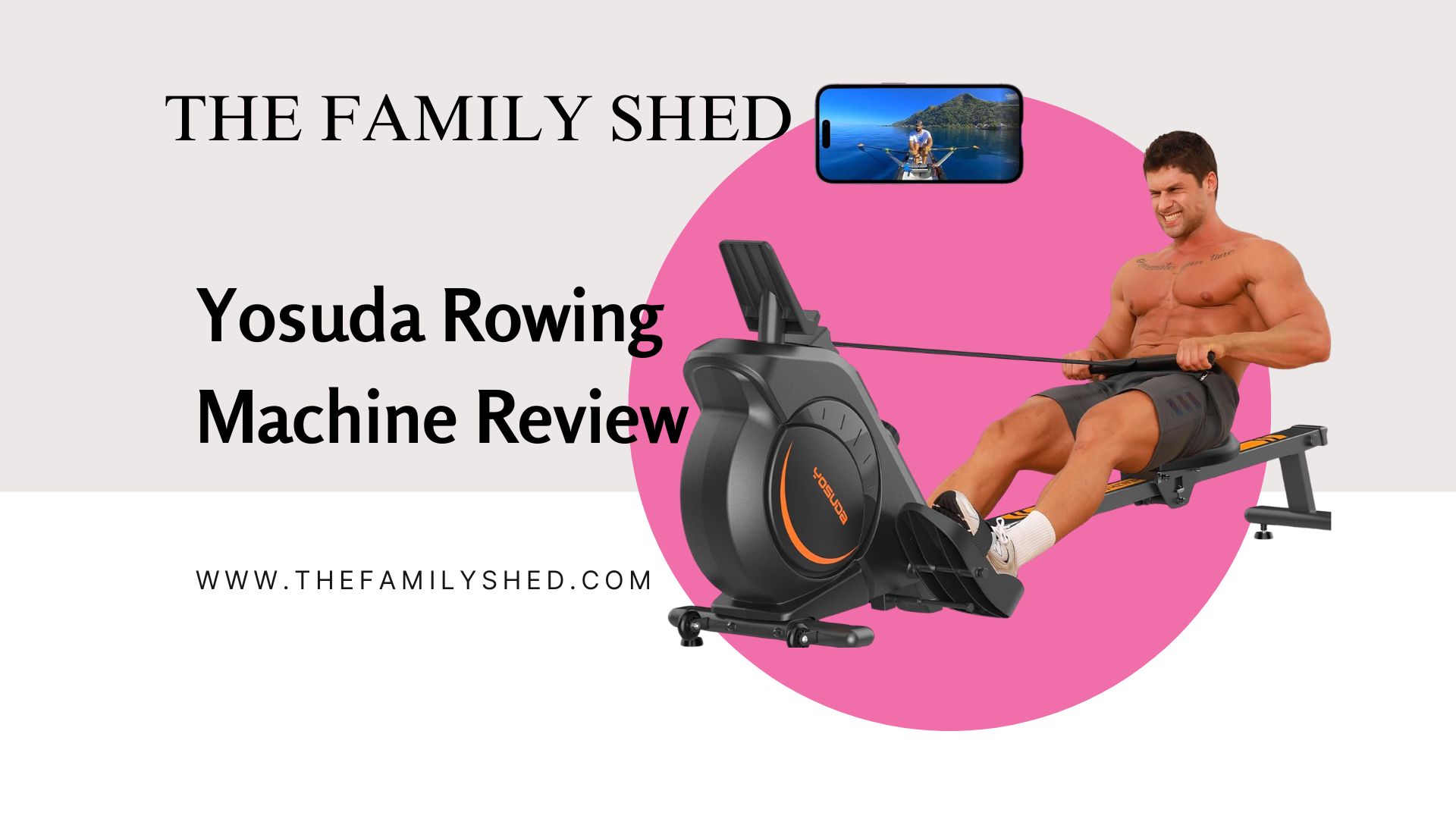How to Raise a Child Properly with Different Parenting Styles
The issue of good and proper parenting is heavily talked about in modern times. Children are shaped by their childhood and the kind of parenting they were exposed to. Therefore, to learn how to raise a child properly is really important thing a parent must know.
Many Asian parents are beginning to embrace the European parenting style. This is a good welcome as it allows for gentle and supportive parenting, resulting in children who are more assertive, imaginative, independent and great at critical thinking.
There is no one way to bring up a child. Your parenting style should be tailored toward your child’s environment and the type of culture and values you practice as a family.
Different Parenting Styles and Their Effects on Children
1. Authoritative Parenting Style
Many Asian parents are beginning to adopt this parenting style. This parenting style takes the caring approach as It involves you being always ready to support and provide assistance to your child.
A supportive parent makes an effort to communicate with and understand their child. This is even so when dealing with sensitive and difficult topics.
The authoritative parenting style also leaves room for the instilling of discipline. While you show love and support with one hand, you also guide and discipline your child with the other hand.
Remember that discipline does not in any way mean hitting your child. It just means teaching your child important morals and values to guide them.
Children with supportive parents grow up to be full of confidence, understanding, cheerful and respectful. They also tend to have a great level of emotional intelligence.
2. Authoritarian Parenting Style
This involves a strict parenting style. Strict parents usually have high expectations from their children, which burdens these children.
Strict parents often result to hitting their children to show dominance
Many children with strict parents tend not to have any dreams or aspirations. They tend to be aggressive and have little to no emotional intelligence.
There is no advantage to being a strict parent as this parenting style leads to early childhood trauma, which eventually causes a break in your relationship with your child.
3. Permissive Parenting Style
This parenting style is very close to the support parenting style. The difference is that this one allows for more independence.
Parents with this style hardly set rules or restrictions and constantly indulge their children in whatever they wish.
It is often said that too much of something is bad. Hence, it is no wonder their children grow up spoiled, vain, non-tolerant and undisciplined.
Hence, while you want to be a supportive parent, remember not to overdo it and leave room for your child to be spoiled.
4. Negligent Parenting Style
This is often treated as the worst parenting style. Unfortunately, it is the most common parenting style in modern families.
Parents with this style have little to no time for their children. They are usually the parents involved with jobs, traveling, and work.
They often leave the real parenting to nannies, help and teachers.
Children from such home grow up with no love and warmth, so they tend to be pessimistic, depressed, and have very low self-confidence.
Some turn defiant and rebellious, with little to no respect for their parents and other authorities.
What is the best way to raise a child in this era?
There is really no ‘best way’ to answer a question on how to raise a child properly. It all depends on the environment and the values you want to instill in your child.
However, it is recommended you approach parenting from the supportive parenting style. It allows you to bond with your child while leaving room for proper discipline when necessary.
Gone are the days when hitting a child was known as discipline. In modern times, it is simply abuse and will not be tolerated.





